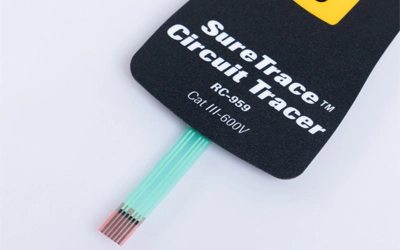
Dive deep into the ultimate showdown between membrane switches and mechanical switches. This comprehensive comparison aims to highlight the fundamental differences, offering insights into their unique advantages and functionalities. Whether you're a gaming enthusiast, a prolific typist, or simply curious, this guide promises to inform your choice between these two prevalent technologies.
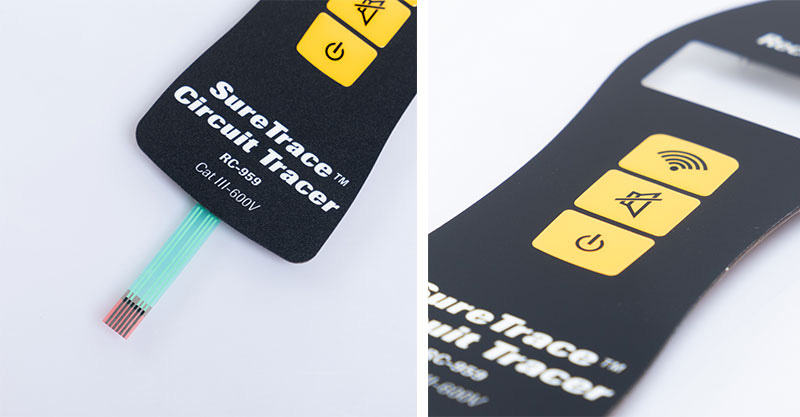
The realm of keyboards is divided into two dominant camps: membrane switches and mechanical switches. Each camp boasts its loyalists, advocating for the superiority of their preferred technology. But what sets these two apart, and why does it matter to you?
At the heart of the ubiquitous, cost-effective membrane keyboard lies the membrane switch. Characterized by its quiet keystrokes and soft touch, this technology employs a pressure pad that activates keystrokes, offering a seamless, integrated look that's found in everything from computer keyboards to microwave ovens.
Membrane switches are often preferred for their smooth, quiet typing experience and more affordable price. They rely on a thin membrane layer under the keycaps, with a conductive material that registers a key press when the membrane is depressed and completes a circuit. This design results in a quieter keystroke, making them popular for environments where noise may be an issue, like offices or shared spaces. However, their lifespan tends to be shorter, and their tactile feedback is generally less satisfying than mechanical switches.
Mechanical switches use individual mechanical components for each key, providing a more distinct feel and sound with every keystroke. The key presses are precise, and many mechanical switches offer tactile feedback, audible clicks, or both, which some users find highly satisfying. Mechanical keyboards are known for their durability and longer lifespan, with some switches lasting tens of millions of key presses. However, this precision and durability come at a higher cost, and the noise generated can be a turn-off for those in shared spaces.
The type of switch you choose depends on your personal preferences and needs. If you value a quiet, budget-friendly keyboard, a custom membrane switch might be the right choice. But if you're after enhanced tactile feedback, long-lasting durability, and the satisfying "click" that many typists and gamers crave, a mechanical switch could be a game-changer. Understanding the differences in feel, cost, and performance will guide you toward a keyboard that suits your typing habits and environment.
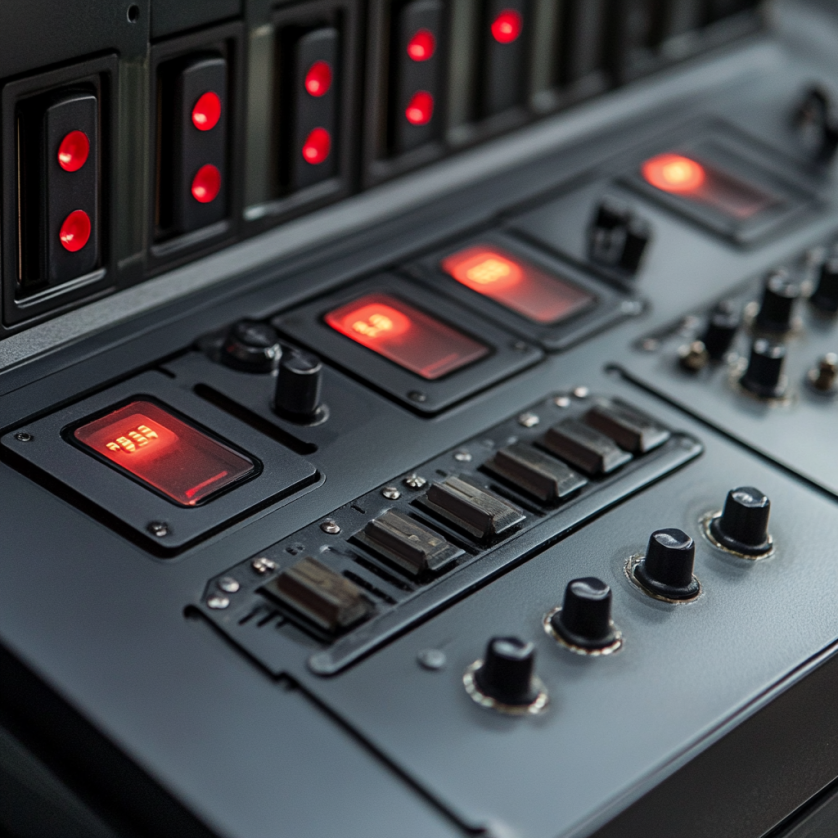
When it comes to performance, both technologies have their arenas where they excel. Mechanical switches are celebrated for their responsiveness and tactile feedback, essential for fast-paced gaming or extensive typing sessions. With each keystroke registering quickly and accurately, mechanical switches are perfect for gamers who need to make rapid commands or competitive players who rely on reaction time. The tactile bump or audible click (depending on the switch type) ensures that you know exactly when a key has been pressed, reducing the chance of accidental keystrokes and improving typing accuracy. For long typing sessions, the feel of mechanical switches can also minimize fatigue, making them a popular choice among writers, programmers, and anyone who spends a lot of time typing.
Different types of membrane keyboards, however, win points for their affordability and quiet operation, making them suitable for shared spaces and tight budgets. The simplicity of membrane switches means they can be produced at a much lower cost, making these keyboards more accessible for people who don't need specialized features or prefer a budget-friendly option. Moreover, the keystrokes are softer and quieter than their mechanical counterparts, which is a major advantage for those working in open offices or studying in shared environments where noise could be a disturbance. Membrane keyboards are also lightweight, making them a portable and convenient choice for people on the go. While they lack the tactile feedback and precision of mechanical switches, they offer enough comfort for casual typing and everyday use.
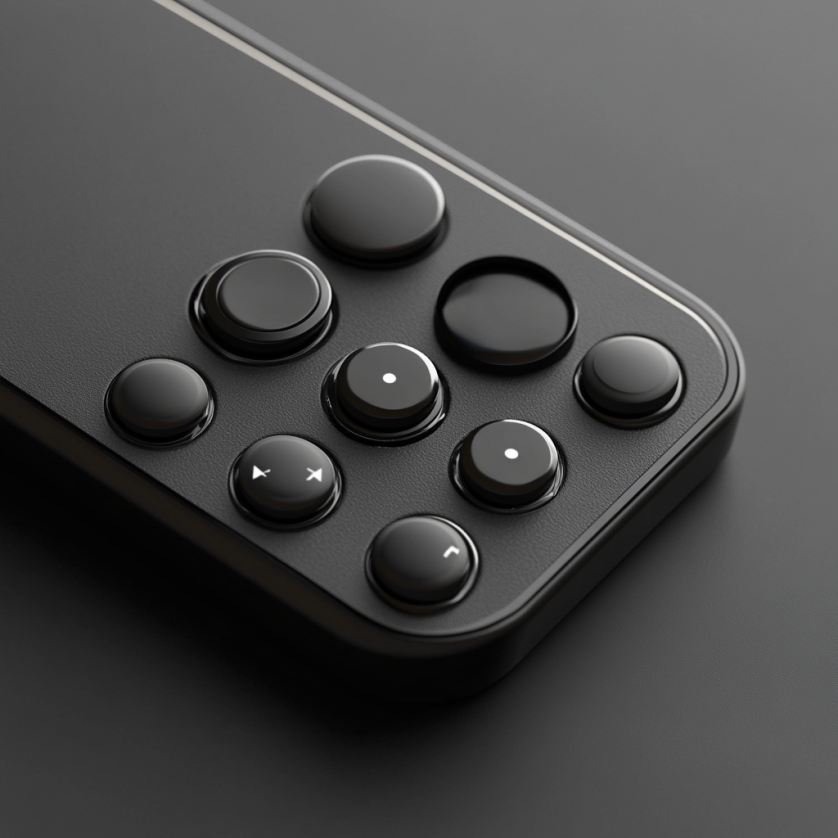
Price often plays a pivotal role in the decision-making process, and in this regard, membrane keyboards are generally more wallet-friendly, both upfront and in terms of maintenance. Membrane keyboards are often available at a fraction of the price of mechanical keyboards. This makes them a great choice for those who simply need a basic, functional keyboard for everyday tasks like browsing, office work, or casual gaming. Their affordability also extends to maintenance, as they typically don't require the same level of upkeep or replacement parts. Once a membrane keyboard reaches the end of its lifespan, you typically need to replace the entire unit since individual components aren't as easily serviceable.
Mechanical keyboards, while initially more expensive, offer longevity and the potential for individual key replacement, which may translate to cost savings over time. While the upfront cost is higher, mechanical keyboards tend to last much longer due to their sturdy construction and higher-quality components. The keys are designed to withstand millions of presses without losing responsiveness, making them more durable in the long term. Additionally, many mechanical keyboards allow you to replace individual keys if they wear out or get damaged, saving you the cost of replacing the entire keyboard. This long-term durability and customization can make mechanical keyboards a better investment for those looking for a reliable, long-lasting typing experience.
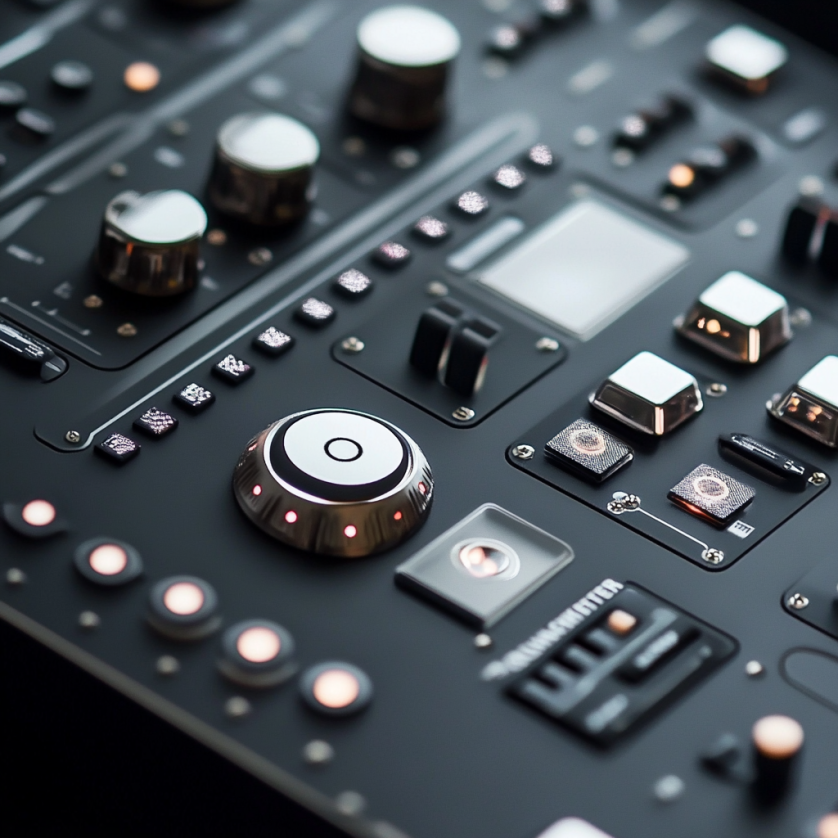
Ergonomics is key for users spending long hours at keyboards. Mechanical keyboards often offer adjustable stands and wrist rests, helping to maintain a natural typing posture. They also allow users to select key switches that suit their style, offering customizable comfort and reducing wrist strain.
Membrane keyboards are typically lower profile, which can reduce wrist flexion. Though they lack advanced ergonomic features, they can still offer comfort, especially for those preferring a softer touch. However, extra accessories may be needed for optimal ergonomics.
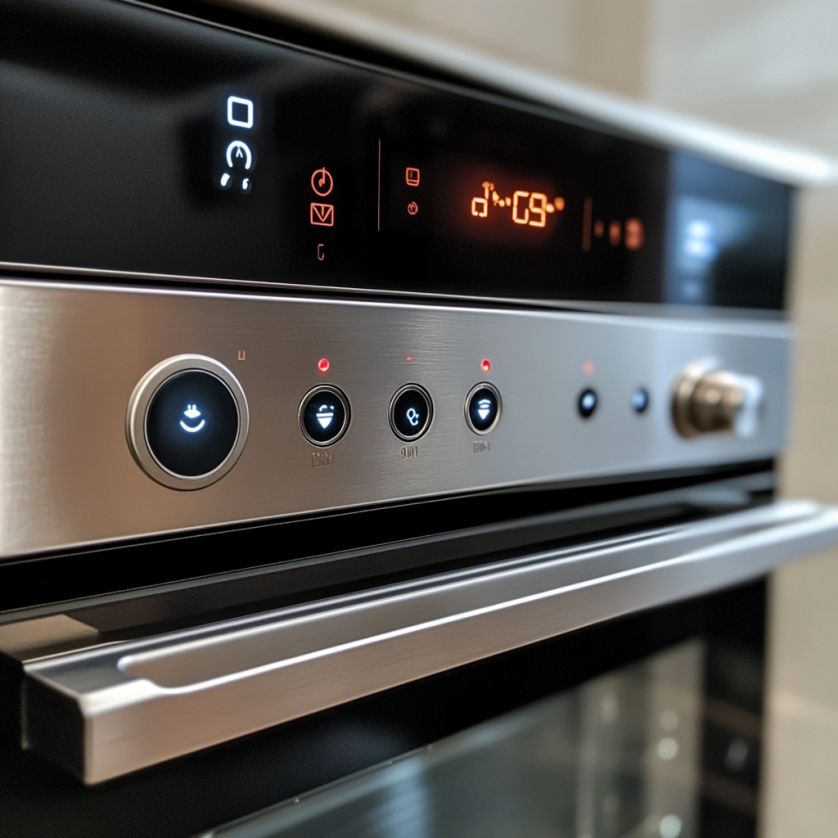
Sustainability is an important factor in tech choices. Mechanical keyboards, with their durable design and replaceable parts, tend to last longer, reducing waste. The ability to replace key switches and components also minimizes the need for full replacements.
Membrane keyboards, being less durable, often need replacing more frequently, leading to more waste over time. While they are made from recyclable materials, their shorter lifespan and lack of replaceable parts make them less eco-friendly compared to mechanical keyboards.
Choosing between membrane and mechanical switches comes down to personal preference, usage habits, and budget. Whether you prioritize the tactile feel and durability of mechanical switches or the quiet operation and cost-effectiveness of membrane switches, understanding the strengths and limitations of each can guide you to the perfect keyboard for your needs. What's more, partnering with a reliable membrane keyboard manufacturer is crucial for ensuring high-quality products and consistent performance.